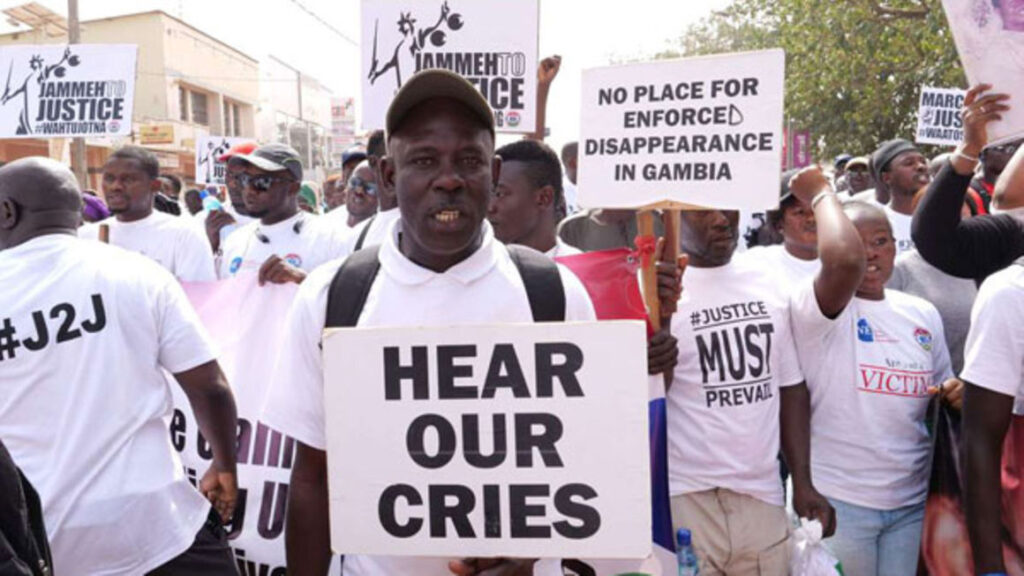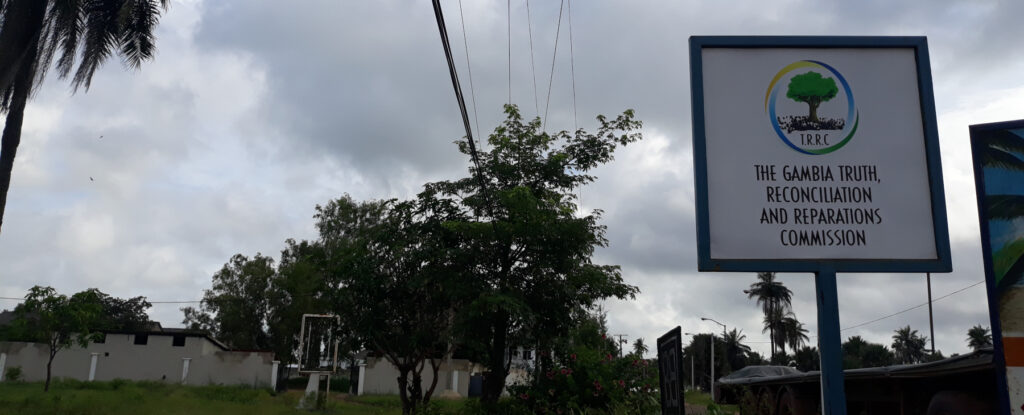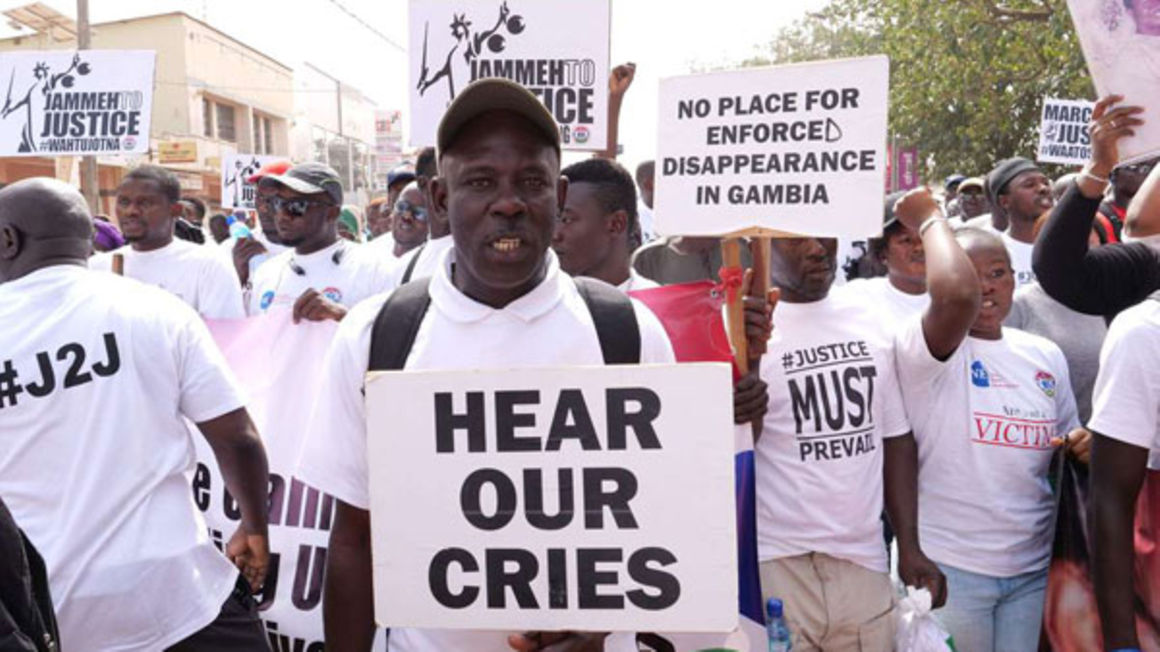The passage of the Victims’ Reparations Bill by the Gambian National Assembly on November 1, 2023, is in every sense a positive step towards ensuring justice for victims of ex-president, Yahya Jammeh’s cruel dictatorship. His rule was infamously characterized by horrific abuses and human rights violations. Between July 1994 and January 2017, Gambians experienced a violent repression of their human rights and liberties. The egregiousness of the violence is better imagined. Victims were denied medical care, tortured, raped, forcefully disappeared, murdered, and even dismembered.
Since Jammeh’s exile in January 2017, Gambians have bid farewell to his dictatorship. However, the legacy of the horrors he inflicted remains with victims who continue to suffer and live with the consequences of those dark times.
It is not difficult to immediately see how the advent of the Victims Reparations Bill has the potential to secure justice for victims who continue to live with the scars of injustice after surviving Jammeh’s 22-year spell. Rightly so, the law has been greeted with a lot of jubilation and hope, but while this may seem like the pinnacle of the struggle for justice, it is indeed, in some sense, just the beginning.

(https://www.theeastafrican.co.ke/tea/news/rest-of-africa/gambia-launches-crackdown-on-protest-movement-1435662)
One of the major challenges facing transitional justice in Africa has been the lack of political will to pursue justice. There are several examples across the continent where political leaders have; failed to implement the recommendations of truth commissions, disregarded the terms of peace agreements, interfered with the decisions of bodies they themselves had constituted, and failed to implement necessary transitional justice initiatives and mechanisms. Gambia can easily go down this path if advocacy is not sustained. The justice-seeking momentum must be maintained and kept high.
While the government of Gambia deserves some commendation for; having set up a truth commission, paying out reparations to some victims, and enacting the Victims Reparations Bill, it is worthy of note that the quest for justice does not and should not end with this. Beyond this newly passed bill, lies the question of implementation.
Moreso, the Gambian Truth Reparations and Reconciliation Commission (TRRC) made 265 recommendations, the majority of whom were accepted by the government. Some of those recommendations include the prosecution of Jammeh and his associates for their crimes. A lot of progress has not been made in that regard and there is increasing doubt about the readiness of the Barrow-led government to commit to judicial remedies for victims of Jammeh’s atrocities. These concerns have grown in the light of a political alliance Barrow has created with a faction of the Alliance for Patriotic Reorientation and Construction (APRC) – Jammeh’s party. There are also members of Jammeh’s party who had contributed to widespread human rights violations in the Barrow-led government. A major test for the government in this regard will be how well it implements the newly passed ‘The Ban from Public Office (TRRC) Bill 2023’ which seeks to ban from public office, public officials recommended by the Truth, Reconciliation and Reparations Commission (TRRC).

Overall, the advent of the victims’ reparations bill is a welcome development. However, it has to be complemented with a plan for speedy implementation and justice-seeking mechanisms. The provision of reparations should not be used as a substitute for criminal justice. While reparations are provided to victims, the government should ensure that those who committed atrocities are brought to book in accordance with the recommendations of the TRRC and the aspirations of victims who are yet to get a sense of justice.
Emmanuel Ayoola is a human rights lawyer and a transitional justice practitioner, he currently works with the Africa Transitional Justice Legacy Fund as a Grant and Programs Officer.
